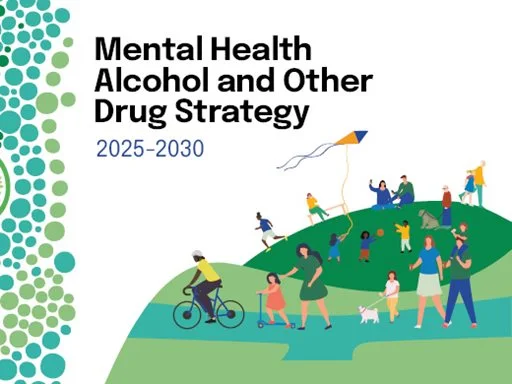
Mental Health and Alcohol and Other Drugs Strategy 2025-2030
This Strategy will be the guiding document for the state, setting the vision for the mental health and alcohol and other drugs.
The Mental Health Commission (Commission) is leading significant, system-wide reform to better serve the Western Australian community.